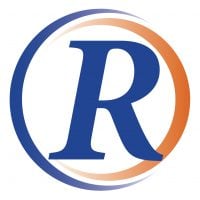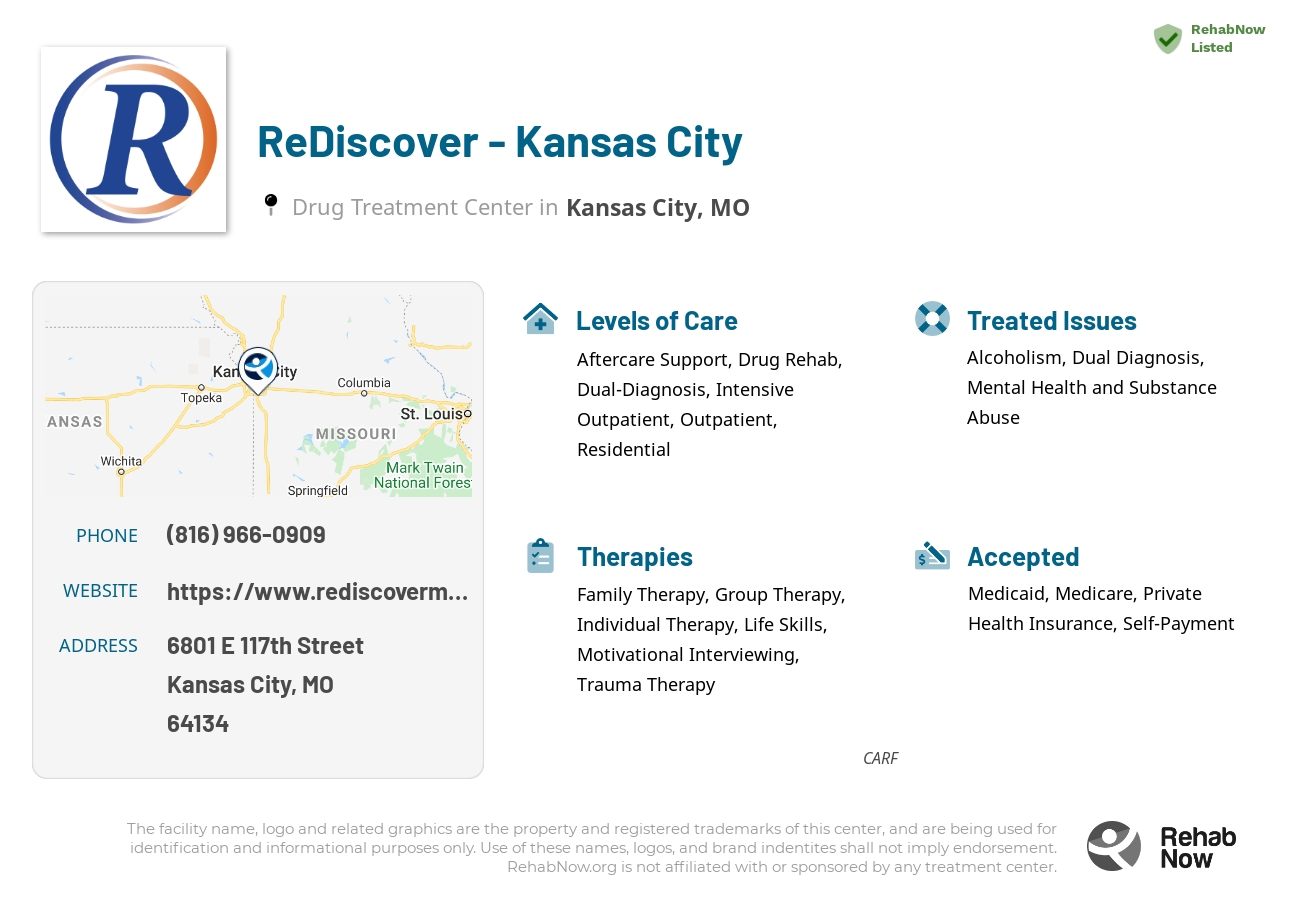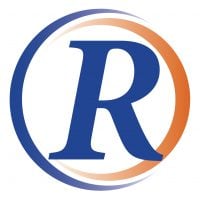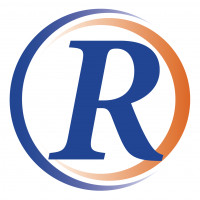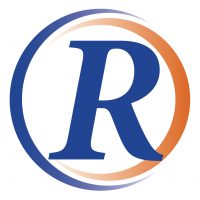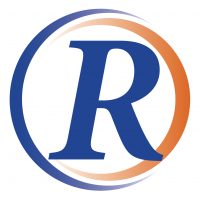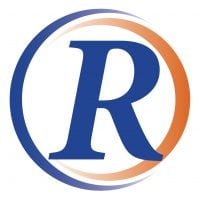ReDiscover - Kansas City
Drug Rehab Center in Kansas City, Missouri
ReDiscover - Kansas City provides addiction recovery services, including evidence-based treatment, counseling, and holistic therapies, tailored to individual needs, and has received accreditations and recognitions for their commitment to quality care.
About This Missouri Facility
ReDiscover - Kansas City is a leading addiction recovery facility located in Kansas City, Missouri. They provide a range of services to assist individuals and families with substance abuse and addiction. ReDiscover - Kansas City is committed to providing individualized treatment plans tailored to each unique situation and works to connect their clients to a life of long-term recovery and stability.
ReDiscover - Kansas City offers evidence-based treatment, such as cognitive-behavioral therapy, relapse prevention, and medication management in both individual and group settings. They also offer counseling services, life skills training, peer-support services, and holistic therapies to help clients identify and address underlying causes of their addiction. They also provide family therapy to help family members reconnect, build trust, and develop communication skills.
ReDiscover - Kansas City boasts a variety of accreditations and certifications, including the Joint Commission for Accreditation for Healthcare Organizations, and their staff of counselors, physicians, and addiction recovery specialists are all professionally trained. They have been recognized by the National Council on Alcoholism and Drug Dependence – Missouri for their commitment to providing the highest quality of care. Additionally, ReDiscover - Kansas City is CARF accredited, ensuring that their programs are delivered in accordance with the highest standards of quality and safety.
Genders
Ages
Modality
Additional
Accreditations

CARF
The Commission on Accreditation of Rehabilitation Facilities (CARF) is a non-profit organization that specifically accredits rehab organizations. Founded in 1966, CARF's, mission is to help service providers like rehab facilities maintain high standards of care.
Conditions and Issues Treated
When addiction and psychiatric issues co-occur, the addict’s recovery is more successful when both conditions are treated. A dual diagnosis refers to a condition in which the patient is diagnosed with two health issues: addiction and bipolar disorder.
Usually, dual diagnosis sufferers are prescribed a combination of treatments for each condition. The most common therapies are psychotherapy, behavioral therapy, spiritual counseling, 12-step programs, and medication management.
Psychiatric conditions are an obstacle to recovery because they can create roadblocks to a healthy lifestyle. Drugs and alcohol may be used as a means of self-medication, which can have dangerous consequences. Over time, addicts build up a tolerance and suffer withdrawal symptoms when drug use is stopped.
With the proper treatment, dual diagnosis sufferers can overcome their conditions and achieve lasting sobriety.
Levels of Care Offered at ReDiscover - Kansas City
This center offers a variety of custom treatment tailored to individual recovery. Currently available are Aftercare Support, Drug Rehab, Dual-Diagnosis, Intensive Outpatient, Outpatient, Residential, with additional therapies available as listed below.
The Intensive Outpatient Program at ReDiscover - Kansas City is for those who need intensive care but would rather get it in the comfort of their own home. The treatment programs vary in duration and intensity and can be tailored to suit the individual’s needs. IOP helps the patient to live at home and gradually get back to their routine life.
Daily trips to the hospital that provides the treatment include intensive outpatient services (IOP). The patients gradually get back to their everyday lives. IOP benefits the most when the patients have a supportive family member or friend who can encourage them in their recovery.
Individuals struggling with drug addictions can get help from several treatment options, including inpatient and outpatient programs. Outpatient drug treatment programs can also provide patients with different levels of care, usually depending on the patient’s degree of addiction.
At an outpatient program in Kansas City, a patient will attend a recovery program during the day and return home in the evening. Suppose a patient is struggling with drug addiction. In that case, an outpatient program can serve as an effective transition point during the recovery process.
Residential treatment programs are those that offer housing and meals in addition to substance abuse treatment. Rehab facilities that offer residential treatment allow patients to focus solely on recovery, in an environment totally separate from their lives. Some rehab centers specialize in short-term residential treatment (a few days to a week or two), while others solely provide treatment on a long-term basis (several weeks to months). Some offer both, and tailor treatment to the patient’s individual requirements.
Aftercare is a part of drug rehabilitation. It is also known as “post-treatment support.” Aftercare programs are available for addicts after they complete drug rehab. It is often the final step in the recovery process. The goal of aftercare is to ensure that addicts maintain their achievements in rehab and do not relapse. Professionals generally provide aftercare (including addiction therapists, physicians, social workers, psychologists) and involve individual and group therapy sessions.
Therapies & Programs
Individual therapy is a critical component of addiction recovery. It allows the patients to go deep into their core issues and discover how to handle those problems better. Therapy can be conducted in individual sessions as well as group settings. In individual therapy for addiction, the patient meets with their therapist one-on-one to focus on the underlying issues. This allows patients to open up and discuss personal topics they may not feel comfortable discussing in a group setting. This type of therapy can help develop solutions specific to each patient, which helps speed up the recovery process.
Family therapy is a crucial part of drug treatment and getting sober. It is one of the most effective ways to help addicts stay on the path to long-term sobriety. When a drug addict decides that they want to try and get sober, it takes the support of every person they love to succeed. It can be incredibly difficult for loved ones to watch an addict go through the pain and suffering of withdrawal, but by being there with them and supporting them, they can help to make sure that the addiction never returns.
One of the most important parts of family therapy is the relapse prevention plan. During treatment, therapists and doctors will often sit down with the addict and their family to develop a plan in case the addict ever feels like they want to use again. This plan should involve steps the addict and family can take together to prevent them from relapsing in the future. An addict’s family can play a vital part in helping them to avoid relapse because they can spot the warning signs and help them get back on track before it becomes too much of a problem.
Group therapy helps prevent addicts from feeling isolated or unique in their situation by offering a sense of comfort and fellowship. It also creates a forum for addicts to build their support systems and learn from each other. The group therapy sessions at ReDiscover - Kansas City occur in a group setting rather than one-on-one to create a safer, controlled environment where addicts feel comfortable.
Trauma therapy helps people dealing with addiction by allowing them to confront the traumas of their past and move past them. It is important to note that trauma therapy should not be confused with PTSD (post-traumatic stress disorder) Rather, it is used to treat the effects of trauma, which are often at the root of addiction.
Cognitive Behavioral Therapy (CBT) is a common therapeutic approach to help drug addicts. It teaches addicts new ways of thinking and behaving so that they can avoid relapse. There are several forms of CBT used in drug rehabilitation centers.
Cognitive Restructuring helps addicts identify faulty, negative thinking so that they can work together with the therapist to find healthier ways of thinking, resulting in better decision-making.
Cognitive Behavioral Therapy for Addiction uses the principles of CBT to help treat addiction. It focuses on specific aspects of each person’s thinking, feeling, physiology, and behavior. It aims to identify specific problems in these areas and create a personalized treatment strategy.
The best drug treatment centers offer various services to help addicts learn how to live without drugs. Since addiction is a chronic physical and mental illness, addicts need to learn as many life skills as possible to help them stay clean and sober.
Many drug treatment centers like ReDiscover - Kansas City offer life skills activities as part of their addiction recovery programs. Examples include cooking classes, employment training, resume writing seminars, parenting classes, and computer training. When addicts have various life skills to lean on, they’re better equipped to put their addiction behind them for good.
The primary goal of life skills activities at drug treatment centers like ReDiscover - Kansas City is to help addicts recover from addiction and learn how to live a useful, productive life. Life skills activities help addicts find employment, take care of their families, and give back to the community. After learning about these various life skills, addicts are better prepared to return to society and lead happy healthy lives.
Payment Options Accepted
For specific insurance or payment methods please contact us.
Is your insurance accepted?
Ask an expert, call (888) 674-0062
ReDiscover Associated Centers
Discover treatment facilities under the same provider.
- ReDiscover in Lees Summit, MO
- ReDiscover - NE Rice Road in Lees Summit, MO
- ReDiscover - Independence Avenue in Lees Summit, MO
- ReDiscover - Loma Vista in Kansas City, MO
- ReDiscover - Woodland in Kansas City, MO
Learn More About ReDiscover Centers
Additional Details
Specifics, location, and helpful extra information.
Kansas City, Missouri 64134 Phone Number(816) 966-0909 Meta DetailsUpdated November 25, 2023
Staff Verified
Patient Reviews
There are no reviews yet. Be the first one to write one.
Kansas City, Missouri Addiction Information
Opioid-related overdoses in Missouri have been increasing steadily for the past three decades. In 2018, more than 1,130 people in Missouri died from opioid abuse. Methamphetamines and marijuana abuse have surpassed opioid abuse in Missouri. Missouri is the number 1 methamphetamine manufacturer in the country with more than 27 meth labs per 100,000 people.
In Kansas City, Missouri, in 2016, there were 97 drug overdose deaths. There were 438 drug-related deaths in Kansas City in 2017, and that number is expected to rise in 2018. Drug addiction not only takes a toll on the individual but the entire community. Kansas City, MO, offers various drug treatment options for those looking to get sober. People who require around-the-clock assistance can enroll in these programs.
Treatment in Nearby Cities
- Trenton, MO (93.9 mi.)
- Washington, MO (190.5 mi.)
- Carrollton, MO (62.8 mi.)
- Saint Louis, MO (233.5 mi.)
- Warrensburg, MO (43.1 mi.)
Centers near ReDiscover - Kansas City
The facility name, logo and brand are the property and registered trademarks of ReDiscover - Kansas City, and are being used for identification and informational purposes only. Use of these names, logos and brands shall not imply endorsement. RehabNow.org is not affiliated with or sponsored by ReDiscover - Kansas City.
